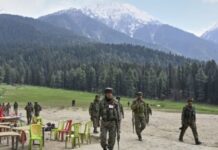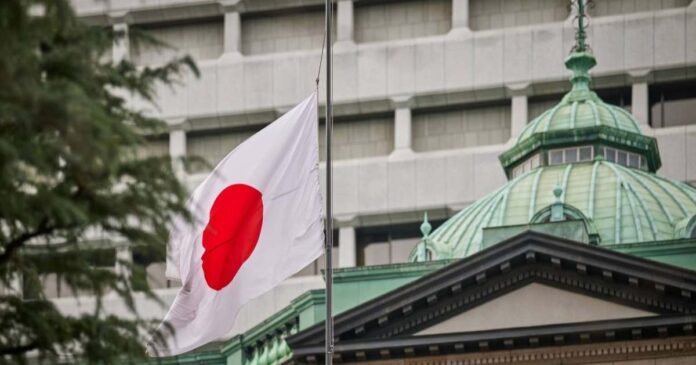Japan’s central bank has raised borrowing costs to their highest point in 17 years, following a surge in consumer prices in December. The Bank of Japan (BOJ) has adjusted its short-term policy rate to “approximately 0.5 per cent.” This measure came shortly after new economic data revealed that prices increased at the highest rate in 16 months last month.
The BOJ’s previous interest rate increase in July, coupled with a disappointing jobs report from the United States, surprised global investors and led to a selloff in the stock market.
Governor Kazuo Ueda had previously indicated that this latest rate hike would mitigate the risk of another market disruption. Official statistics released on Friday indicated that core consumer prices in Japan rose by 3% in December compared to the same month the previous year. This decision represents the BOJ’s first rate increase since July, which occurred just days after Donald Trump resumed his presidency. During his campaign, Trump threatened to impose tariffs on all imports to the US, which could affect exporting nations like Japan.
Read More: Japan Prepares for Megaquake- Does it Need to?
Reason behind the Increased Rate
By increasing rates now, the bank aims to create more flexibility to lower rates in the future to stimulate the economy. This action underscores the central bank’s intention to gradually raise rates to around 1%. The BOJ has indicated that interest rates will continue to rise from their historically low levels. Neil Newman, head of strategy at Astris Advisory Japan, stated, “Rates will continue to rise as wages increase, inflation remains above 2%, and there is some growth in the economy.” Stefan Angrick, a Japan economist at Moody’s Analytics, added, “We anticipate another 25-basis point increase in six months.” Last year, the BOJ raised borrowing costs for the first time since 2007, ending a prolonged period of low rates as the country faced stagnant price growth. This increase eliminated the last remaining countries with negative interest rates, a situation where individuals must pay to deposit money in banks.
Stay tuned to Brandsynario for more news and updates.









































